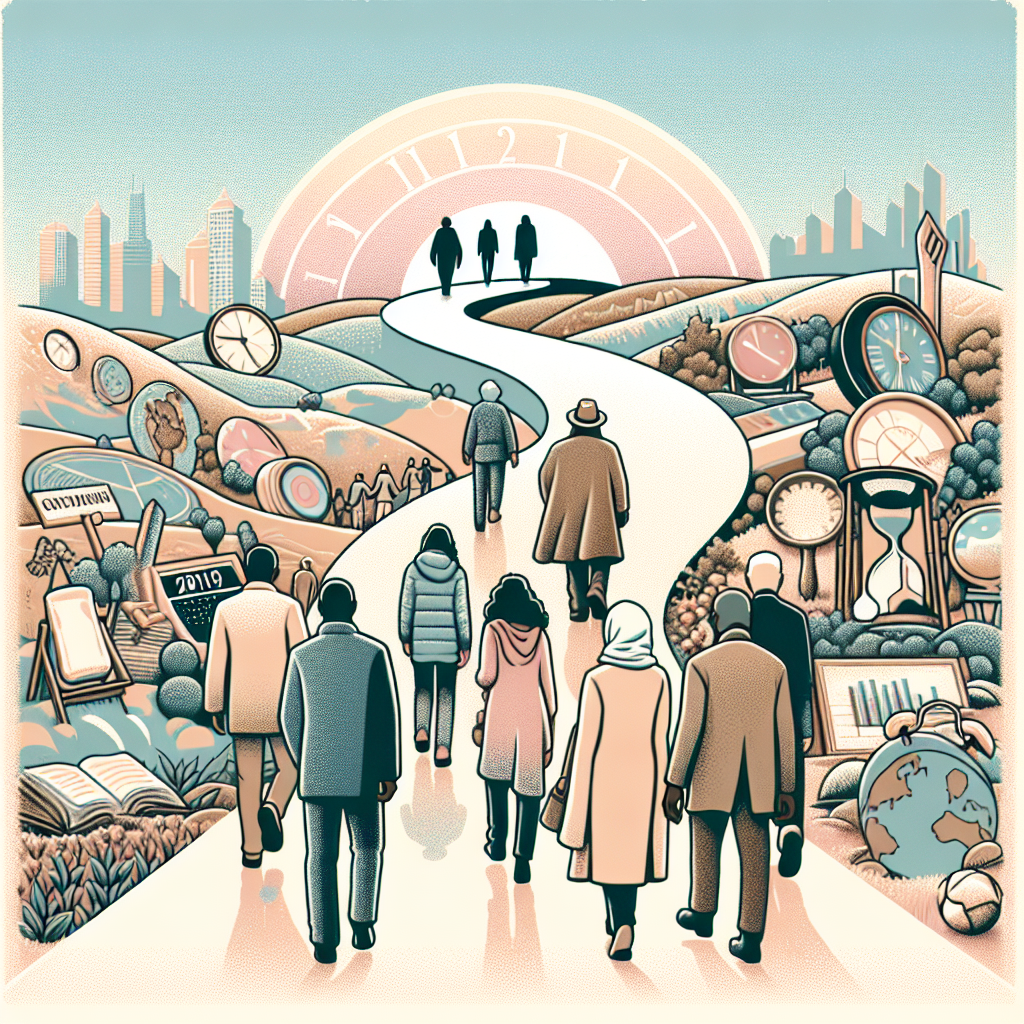In reflecting on the political landscape of the United States, the author nostalgically recalls the 1990s during the Clinton Administration as a more optimistic and unified era. Despite acknowledging Bill Clinton’s significant missteps, particularly regarding NATO’s eastward expansion, the writer associates his presidency with a sense of happiness and national cohesion that has since diminished. This optimism starkly contrasts with the subsequent decades marked by heightened fear, notably during the Bush administration, which instigated a deep-seated skepticism towards the U.S. government sparked by a relentless focus on terrorism, costly foreign wars, and a seismic financial crisis that eroded public trust.
The author suggests that the last several years, especially under the Biden administration, represent an alarming culmination of governmental failures and ethical breaches. They outline a series of perceived wrongdoings that have further tainted the government’s reputation, including controversial COVID-19 vaccine mandates, a clampdown on dissenting opinions regarding public health, and issues surrounding the transparency of the virus’s origin. Additionally, the abrupt withdrawal from Afghanistan is critiqued as a manifestation of the administration’s overarching incompetence, reflecting the futility of two decades of military investment. This period has concurrently seen heightened tensions with Russia with the conflict in Ukraine, viewed as the disastrous legacy of policies initiated during the 1990s.
The author continues to detail the Biden administration’s handling of foreign policy, criticizing the financial support sent to Ukraine—an ostensibly corrupt nation—while simultaneously alleging negligence concerning key international infrastructure projects such as the Nord Stream Pipeline. The contention is that these actions demonstrate a disregard for U.S. allies and geopolitical stability. Domestically, the administration’s health policies concerning minors and its aggressive stance on climate change initiatives are portrayed as radical, leading to disquiet among the populace and contributing to societal division. Furthermore, the author highlights the dire inflation rates faced by everyday Americans, citing this as another layer of distress promoted by the current administration.
Amidst these critiques, the author voices concern over the uncertainty surrounding who is truly running the country, pointing to evident signs of President Biden’s cognitive decline as a cause for alarm. This ambiguity has exacerbated feelings of anxiety among the American public about the future direction of national policy and governance. The insinuation is that poor decision-making may not just stem from ideological differences but from issues of capability and fitness for office, raising questions about the effectiveness of leadership at this critical juncture.
One major point the author emphasizes is the stark disconnect between the experiences of affluent individuals and the broader struggles of everyday Americans. Wealthy supporters of the Biden administration may find themselves insulated from the direct repercussions of discontent stemming from government policies, as their knowledge of current societal turmoil is filtered through mainstream media channels. The rich are portrayed as removed from the fray, living in secure environments and perhaps unaware of the complexities and consequences arising from the decisions made in Washington.
In conclusion, the author portrays a bleak image of America’s current state, describing the government as engulfed in crises of credibility, competence, and morality. This narrative not only reflects deep-seated frustration with the current administration but also serves as a broader critique of the political trajectory over the past few decades. The piece culminates in a warning that the consequences of the Biden administration’s policies may become increasingly apparent, potentially affecting a larger demographic of the public as time progresses, urging a reevaluation of awareness and engagement with the political realities at hand.

